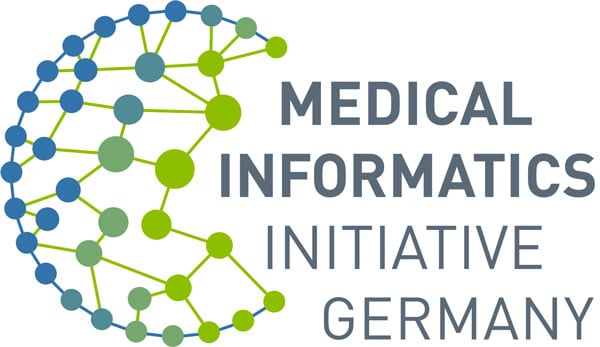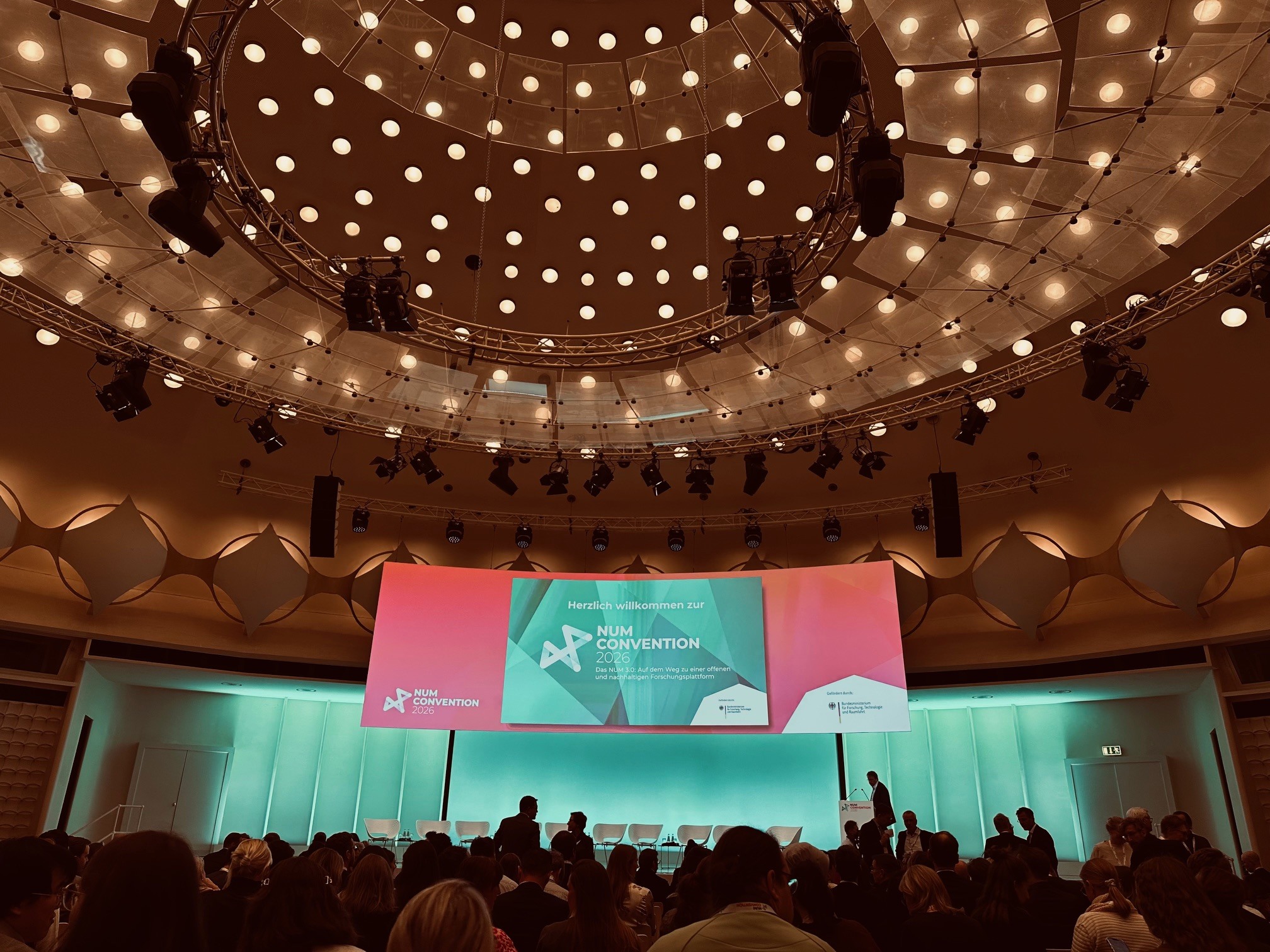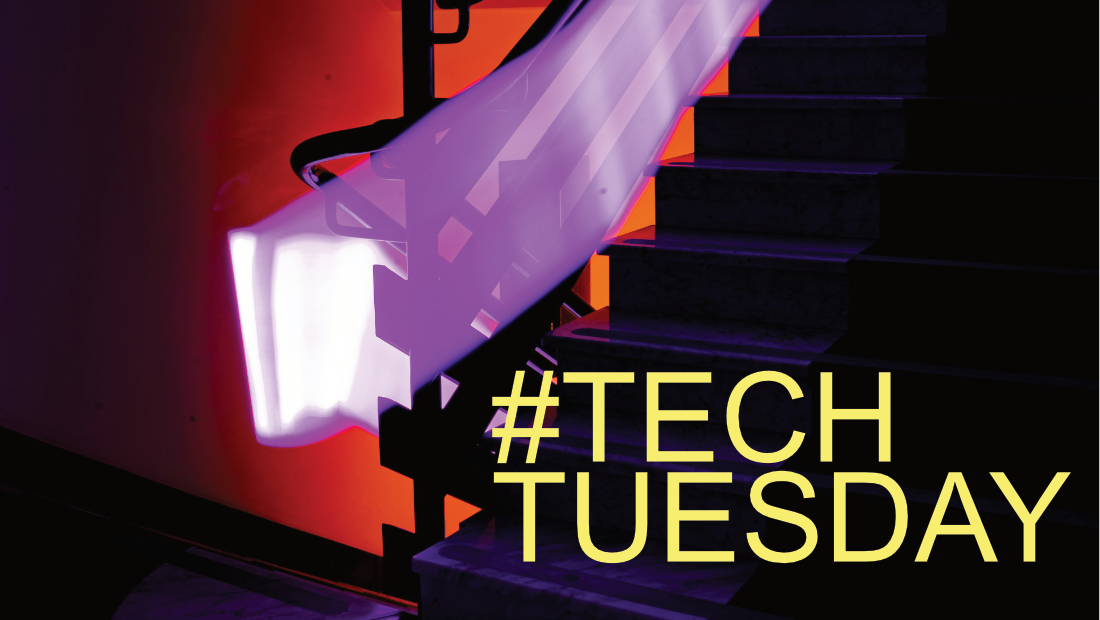Interview
„Exciting topics between technology on the one hand and people on the other“
Why medical informatics is the professional field of tomorrow.
Both of you have been working in medical informatics (MI) for a long time. What fascinates you about it?
Ina: MI combines two areas that are both very exciting in themselves. While medicine focuses on people, informatics tries to use modern technologies to represent processes digitally and to make them calculable or controllable. At first glance, these are two very different approaches. However, on closer inspection, they form a large, exciting intersection that makes medicine a very concrete, varied and meaningful field of application for computer science.
Marianne: And conversely, medicine as a field of application, i.e. the focus on the well-being of people, gives computer science an ethical orientation that I find important and interesting. For me, dealing with the possibilities of technologies for the well-being of people is an aspect that also means dealing with various social implications and is a central part of MI. So technology not for its own sake, but always for people.
It already suggests itself: Medical informatics is a rich, complex field. What exactly is meant by "medical informatics"? What do the people who work in this field do?
Ina: First of all, when you think of "medical informatics", you naturally think of computers that are in every doctor's practice and every hospital. MI is also directly in many medical devices, for example in computer tomographs and ultrasound machines. In concrete terms, this means that MI deals with the different possibilities of how to record, store and process medically relevant data in order to obtain information and knowledge from it. This involves, for example, the use of sensors to measure vital parameters, assistive health technologies or health apps, but also topics such as artificial intelligence and robotics.
Marianne: This makes MI a very multifaceted field of work with different areas of responsibility around information and communication technology. Always with a focus on medical issues, but in very different areas. At present and in the future, it is also about creating the conditions for medical data from research and health care to be used across locations for better health care and new research approaches. As part of the Medical Informatics Initiative (MII) funded by the Federal Ministry of Education and Research (BMBF), special data integration centres are being established at university hospitals for this purpose.
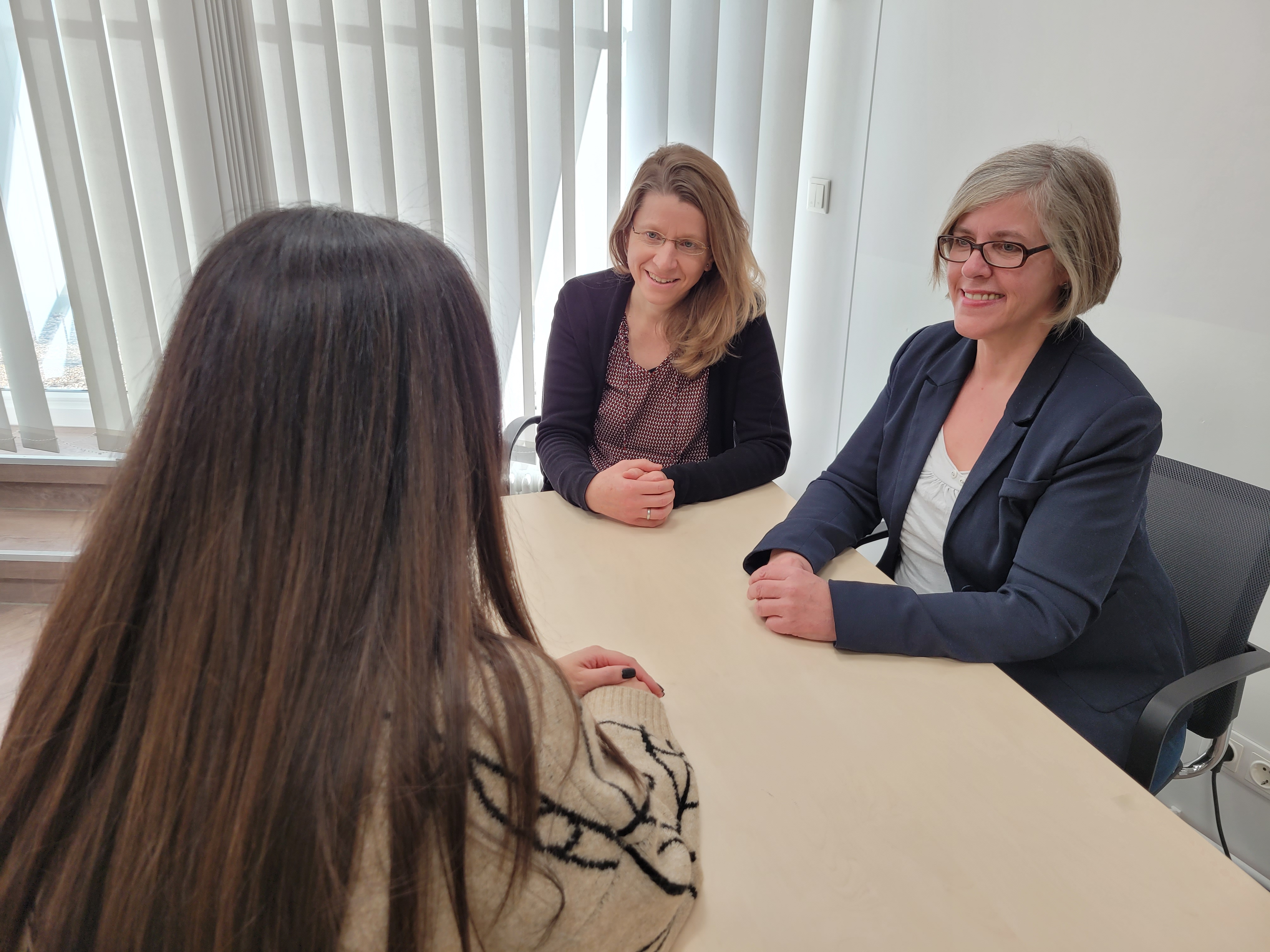
Interdisciplinary thinking and understanding seems to be particularly important in medical informatics?
Marianne: Yes, absolutely. Besides people who have studied medical informatics like Ina, people from very different disciplines work together at the interface between medicine and informatics. For example, people come from all courses of study in computer science, medical technology, engineering or related technical courses, but also from mathematics and biology. They also come from medical and nursing fields, such as doctors, nurses, therapists or the social sciences. At the Hannover Medical School, for example, the Master's programme in Biomedical Data Science is offered. This is an interdisciplinary programme that is aimed at both medical graduates and graduates with a bachelor's degree in life sciences (biology, biochemistry, biomedicine).
Ina: In the MI programme and also in the interdisciplinary programmes, communication and exchange between different disciplines is very important. MI often takes on the role of a link or interpreter between medicine and computer science or technology, in order to bring together experts from different fields so that innovations can be created together. This interdisciplinary collaboration provides exciting insights into different medical fields, such as cardiology, radiology and rehabilitation medicine, to name but a few.
To stay with interdisciplinarity: How relevant is medical informatics in medical studies?
Ina: I think the whole range of MI is also important for medical professionals. Because they are not only the later users of the technological developments and the various systems, but they also have to be able to assess them in terms of their suitability, both in terms of medical effectiveness, usability and with regard to possible risks and errors. And beyond that, medical professionals are also designers of new innovations. Always in cooperation with medical informatics. They therefore need quite far-reaching competences with regard to the methods and possibilities of medical informatics, but of course not in the depth that computer scientists acquire.
Marianne: In the field of MI, there are also various learning objective catalogues or recommendations that describe competences that medical professionals need. How this can be implemented in practice is always an exciting question. Since Ina and I think that competences in dealing with data are of central importance, we have jointly developed a module for medical students on data competences or data literacy as part of the HiGHmed project. Our aim is to give students a reflective awareness of the different aspects of dealing with data. We deliberately do not focus on data analysis, but want to focus on the collection of data, the management of data and the social and legal implications of using data.
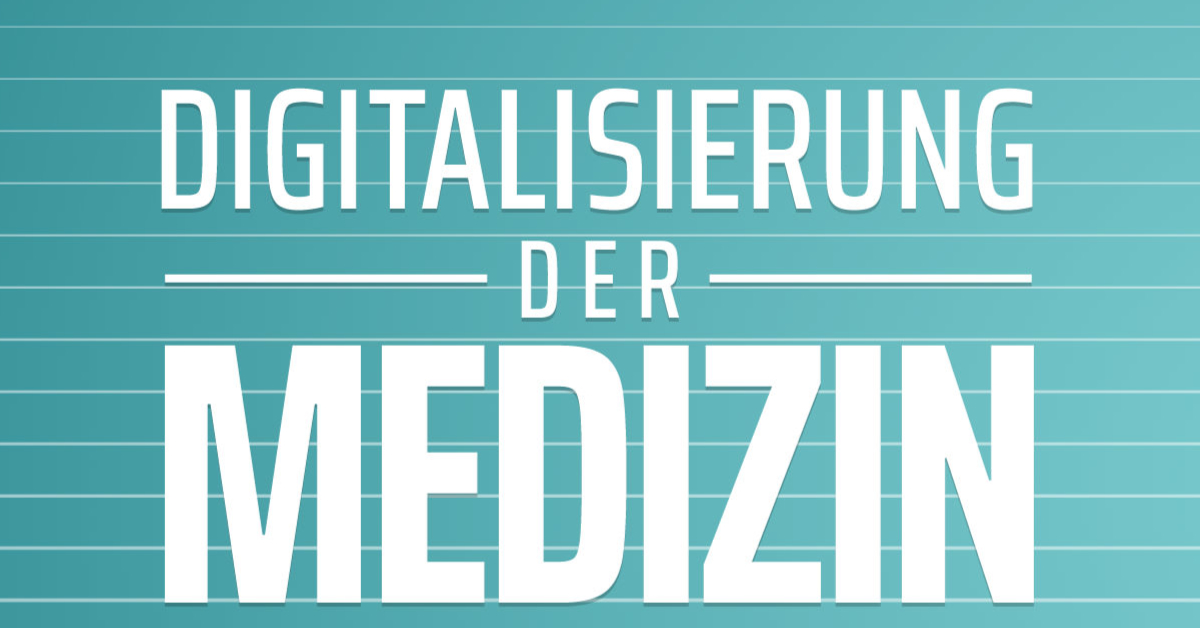
In addition, you launched a podcast in April 2019 as part of HiGHmed.
Marianne: Exactly. We want to use it to bring the various fields of work at the interface of informatics and medicine closer to a broader public and, in particular, to offer women in this field a mouthpiece. That's why the podcast episodes feature interviews with women who report on their fields of work and research. The professional paths taken by the women and how they ended up in the field of MI are always highlighted. Here, too, we see again and again how interdisciplinary medical informatics is.
Ina: It is important to us to convey a lively and comprehensible picture of the fields of work in MI and we hope that this will appeal to people to get involved in this field professionally. Because here you work in an area that focuses on the well-being of people. That is really great and meaningful.
Marianne: Yes, MI offers exciting topics between technology on the one hand and people on the other. And especially against the background of the current developments of the MII and a number of legal provisions to promote the digitalisation of medicine, the field of work and research will certainly continue to unfold in the coming years.
I thank you both for the exciting and inspiring conversation and wish you all the best for your professional and private future!
The interview was conducted by Eva König, Communications and Public Relations Manager of the HiGHmed Consortium.
Further links:
Institute page of the PLRI: https://plri.de/en
Programme Biomedical Data Science: https://www.mhh.de/master-biomeddat
HiGHmed: https://www.highmed.org/en/home
MII: https://www.medizininformatik-initiative.de/en/start
Dr. Marianne Behrends is a research associate at the Peter L. Reichertz Institute for Medical Informatics at the TU Braunschweig and the Hannover Medical School (PLRI) at the Hannover site. There she is the contact person for the research group "E-learning for technology-supported teaching and learning". In addition, she deals with research questions on the teaching of digital competences in medical training and the integration of digital learning opportunities in nursing workflows. Marianne Behrends has conducted various research projects on digital teaching and learning processes in medicine and nursing and teaches on topics of medical informatics in medical studies.
Ina Hoffmann is a medical informatics specialist and also a research associate at the Peter L. Reichertz Institute for Medical Informatics at the TU Braunschweig and the Hannover Medical School in Hanover. Her research interests lie in the field of health information systems. Within the HiGHmed project, her focus is on the development of modules for the acquisition of competences needed by medical professionals in a digitalised health system.

